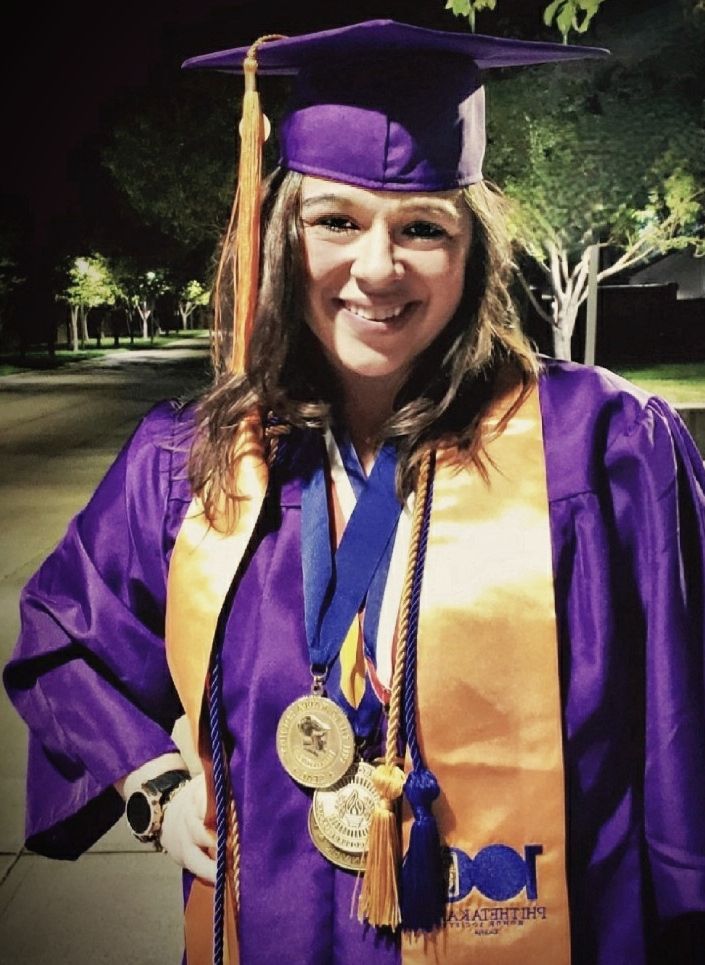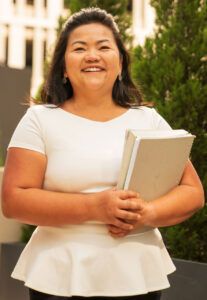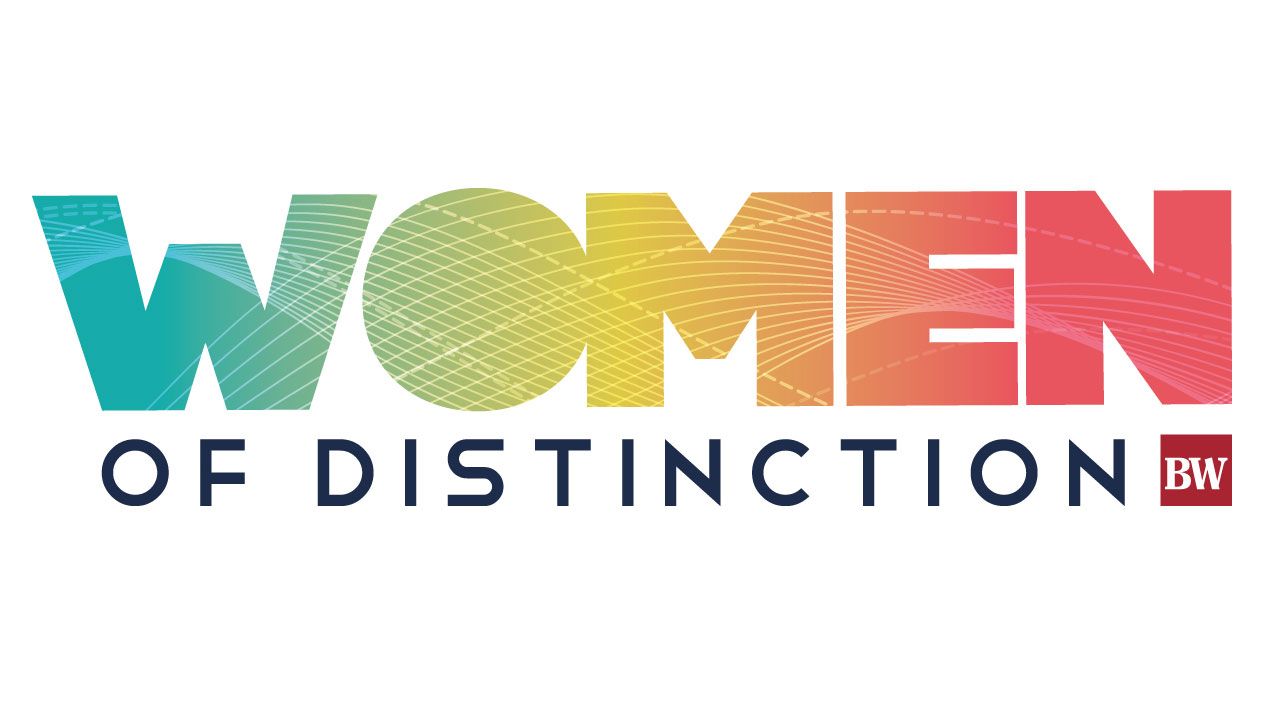CWEF helps nontraditional student-age women achieve economic self-sufficiency

BOULDER — For nontraditional student-aged women wanting to return to school, getting a scholarship isn’t exactly easy.
The Colorado Women’s Education Foundation fills that gap by providing scholarships for women ages 25 and older who demonstrate a financial need, plus are high-achieving leaders who want to give back to their communities. They also must reside and study in Colorado, though online programs are acceptable, as they earn certificates and associate’s, bachelor’s, master’s and doctoral degrees.
“The women we serve are very challenged to find financial aid, scholarships or support. That’s why CWEF invests in these women,” said Roxanne Brickell-Reardon, business and program manager of CWEF in Boulder. “We invest in women who live in Colorado and are going to give back to their communities in Colorado.”
SPONSORED CONTENT

CWEF wants to help women achieve their educational and career goals, get better jobs, transform their lives and become economically sufficient, Brickell-Reardon said.
“The women whose educations we end up supporting often are women who never finished college and are going back to school or starting school. Many of them have difficult circumstances to overcome,” said Karen McGee, president of CWEF’s board of trustees. “These students are struggling to pay for school and their lives as well. … The educations they’re trying to get at this point are the thing that will help them earn more significantly or provide them with a stable income.”
Many of CWEF’s applicants are no longer eligible for Federal Pell Grants and other types of financial assistance, plus many graduate and doctoral programs do not offer assistance, though there might be teaching assistance programs, Brickell-Reardon said.
CWEF considers each applicant’s financial need and situation but is not prescriptive about exact earning amounts, and it takes into account leadership goals and community involvement.
“We very much are asking women how they are involved in their community, what kinds of leadership are they demonstrating in their lives, what are their career goals and how do they see their service to other people,” Brickell-Reardon said. “How do they see their life transformed through education, as well as their positive impacts on others?”
Each year, CWEF issues at least 20 scholarships with the number depending on how much is raised. For the 2020-21 school year, the nonprofit provided 22 scholarships totaling $23,000 to 22 women—the scholarships were for $1,000, but there was one for $2,000 for an essential worker field of study.
The amount has changed over the years, increasing to the current level of $1,000 in 2014. The scholarship cycle also changed to help manage expenses with the latest a decrease from two years to one year in 2013.
The women for this year’s scholarships ranged in age from 26 to 55 years old. They are attending 13 accredited educational institutions of higher learning, including six who are pursuing master’s degrees and one who is attending medical school to become a physician. Thirteen of the women are caring for or supporting 31 dependents. They vary in marital status with 11 of them single. And six are first-generation college students.
The women tell CWEF the scholarships help them financially but also give them a sense of pride as well as emotional support, since CWEF is investing in their futures.
Alyson Powers of Northglenn received a CWEF scholarship for this school year to simultaneously earn her associate’s and bachelor’s degrees in nursing, which she plans to finish by winter 2021. She is attending the Front Range Community College Westminster Campus.
“I’m just really grateful to be supported by such amazing women, and it’s really encouraging for the kind of work I’m getting into,” Powers said.
Powers, who is 34, already has a bachelor’s degree but wanted to return to school to become a nurse midwife and a DNP, or doctorate of nursing practice, specializing in women’s health. She signed up for an online bachelor’s program, which she wouldn’t have been able to afford without the scholarship, she said.
“I really want to be able to care for women for all of their reproductive needs and to increase access to reproductive health care for marginalized populations,” Powers said. “I’m super, super grateful for the scholarship and to be supported by a group of women who are committed to the same things I am. That feels like a huge honor.”
Since its founding in 1976, CWEF has given out more than 600 scholarships totaling $500,000. CWEF serves as the philanthropic arm of the Colorado Federation of Business and Professional Women, which was founded in 1919.
“We wanted to provide scholarships for women, and we needed a 501c3 to do that,” Brickell-Reardon said.
CWEF changed its name a few times over the years, starting out as the Colorado Business Professional Women (BPW) Foundation Inc., a sister organization interconnected through bylaw references to the Federation of Business and Professional Women. The word “education” was added to the name in 2003 to better describe the foundation’s purpose, so that it became the Colorado Business and Professional Women’s Education Foundation. The mission also changed from “helping women attain self-sufficiency through education” to “investing in women who are transforming their lives through education … for themselves, their families and their communities.”
The foundation’s name was changed again, this time to CWEF, in 2010 to make it easier to recognize and remember.
“The name was so long, it was very difficult to remember. It wasn’t a short acronym,” Brickell-Reardon said. “They shortened the name to be more reflective of what it was.”
Another change was in CWEF’s relationship with the scholarship recipients by getting to know them on a more personal level through increasing the regularity and thoroughness of communications.
“I do a lot of support with them, checking in and making sure they have everything they need,” Brickell-Reardon said, adding that scholarship recipients are asked to communicate with CWEF about how their schooling is going, their graduation dates and their first jobs. “We’re very much involved with the recipients and their successes.”
The nonprofit has one staff person, a position filled by Brickell-Reardon, and six board of trustee members, though there is room for 10. It is funded primarily through donations and relies heavily on the Colorado Gives Day annual online giving event in November and December for those donations (this year it’s on Dec. 8 and is something CWEF has participated in since 2015). The nonprofit aims to raise $55,000 from 180 donors during the event to improve upon last year’s donation amount of $47,000 from 150 donors.
CWEF also hosts an in-person fundraising event in April (it was canceled this year because of the COVID-19 pandemic) to celebrate the successes of the scholarship recipients and raise funds for future recipients. The first “Legacy of Learning” fundraising event was hosted in 2010.
To generate additional funding, the CWEF has an endowment fund of more than $400,000 and aims to increase it to $2 million by 2022 so that the scholarship program can be self-sustaining.
“We’re always looking for fundraising opportunities and new donors. We’re actively seeking more trustees, male or female,” Brickell-Reardon said.
© 2020 BizWest Media LLC
BOULDER — For nontraditional student-aged women wanting to return to school, getting a scholarship isn’t exactly easy.
The Colorado Women’s Education Foundation fills that gap by providing scholarships for women ages 25 and older who demonstrate a financial need, plus are high-achieving leaders who want to give back to their communities. They also must reside and study in Colorado, though online programs are acceptable, as they earn certificates and associate’s, bachelor’s, master’s and doctoral degrees.
“The women we serve are very challenged to find financial aid, scholarships or support. That’s why CWEF invests in these women,”…

